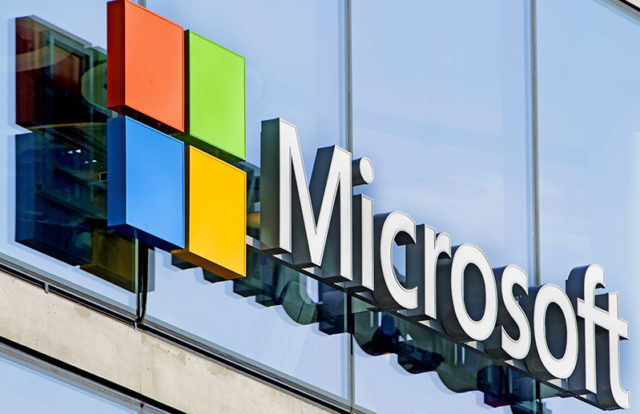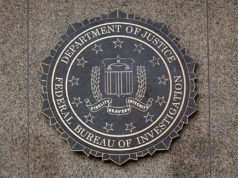
Tech giant Microsoft recently announced that it will drop a lawsuit against the U.S. government after the Department of Justice (DOJ) changed data request rules on alerting Internet users about agencies accessing their information. The lawsuit filed in April 2016 alleged that the government was violating the constitution by preventing the company from informing its customers about government requests for their emails and other documents.
In a blog, Microsoft Chief Legal Officer Brad Smith wrote that the new policy limits the use of secrecy orders and calls for such orders to be issued for defined periods.
“In response to concerns that Microsoft raised in a lawsuit we brought against the U.S. government in April 2016, and after months advocating for the United States Department of Justice to change its practices, the Department of Justice established a new policy to address these issues. This new policy limits the overused practice of requiring providers to stay silent when the government accesses personal data stored in the cloud. It helps ensure that secrecy orders are used only when necessary and for defined periods of time. This is an important step for both privacy and free expression. It is an unequivocal win for our customers, and we’re pleased the DOJ has taken these steps to protect the constitutional rights of all Americans.”
“Until now, the government routinely sought and obtained orders requiring email providers to not tell our customers when the government takes their personal email or records. Sometimes these orders don’t include a fixed end date, effectively prohibiting us forever from telling our customers that the government has obtained their data.”
The lawsuit was filed in a federal court in Seattle came after the U.S. congressional panel voted unanimously to advance a package of reforms to the Electronic Communications Privacy Act (ECPA).





















